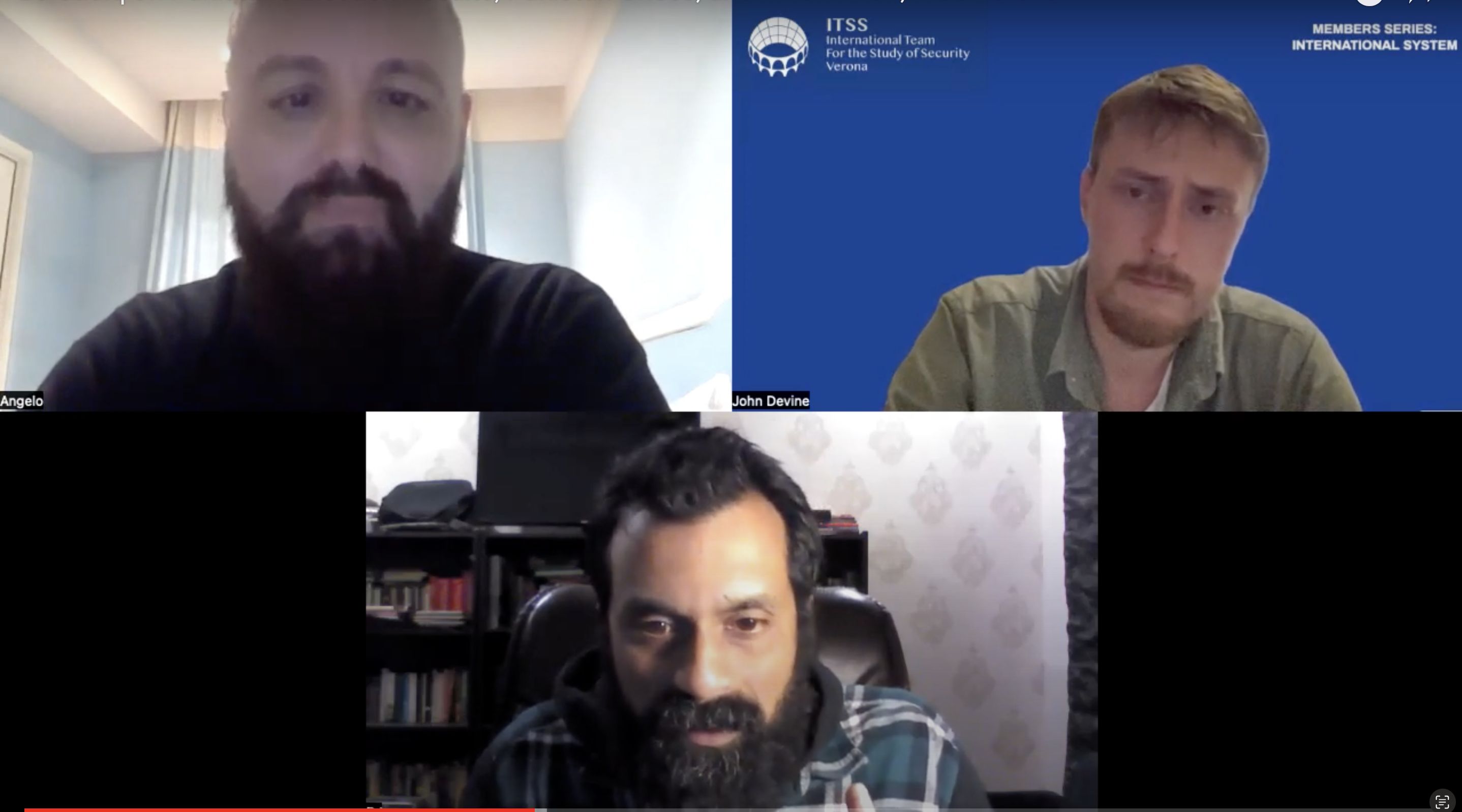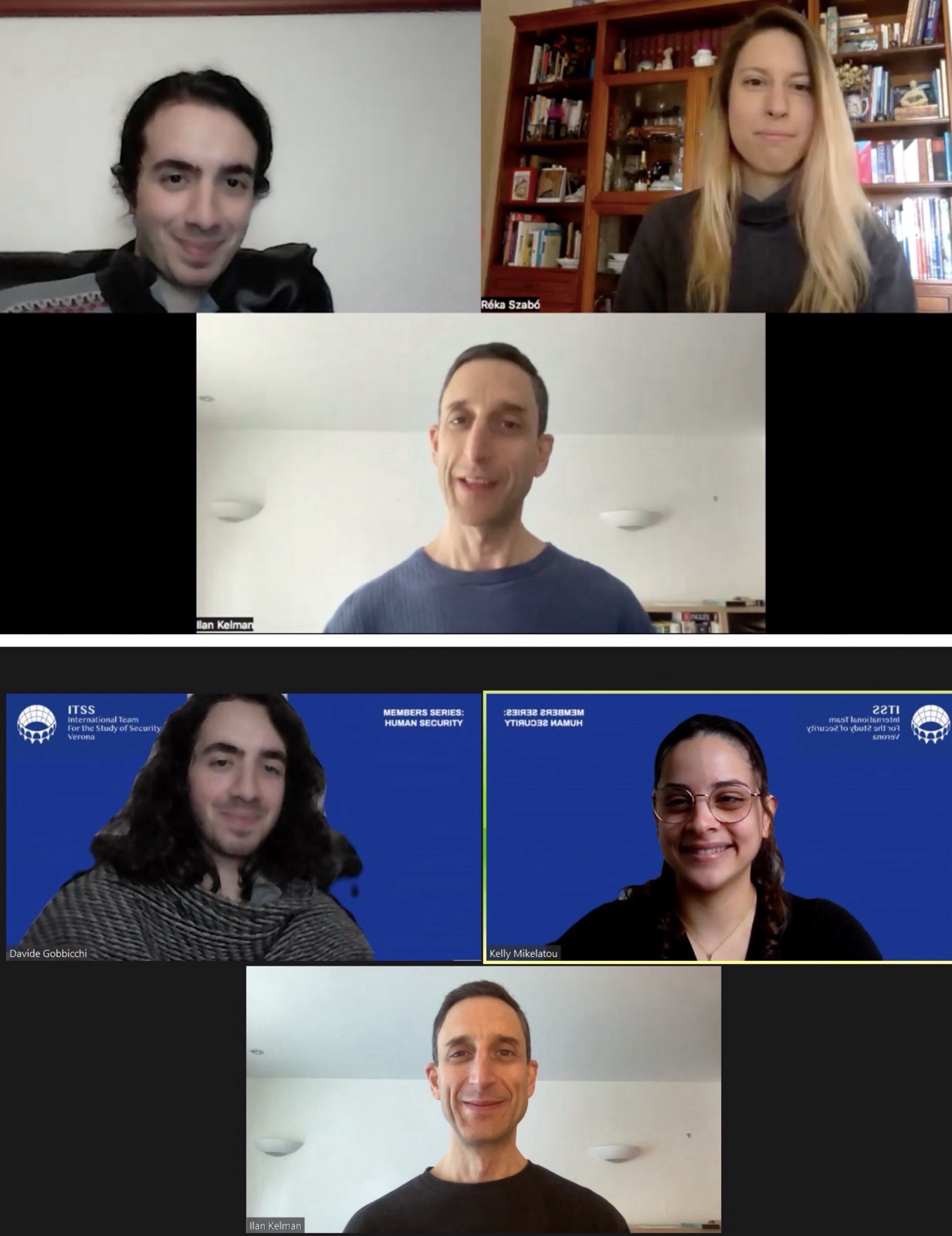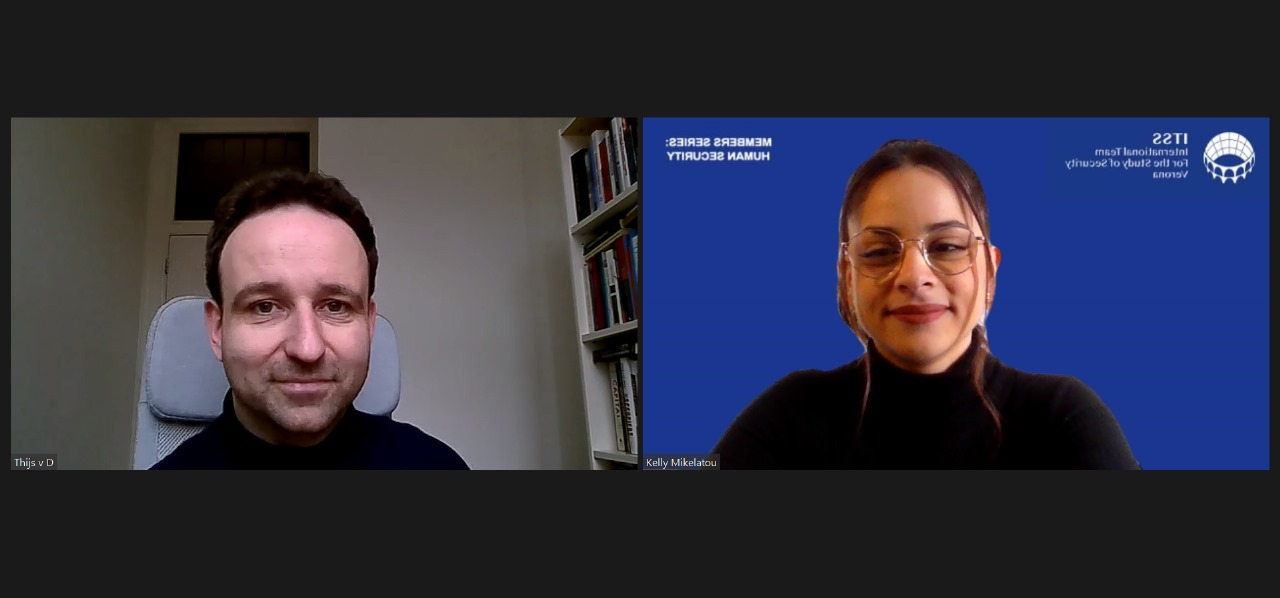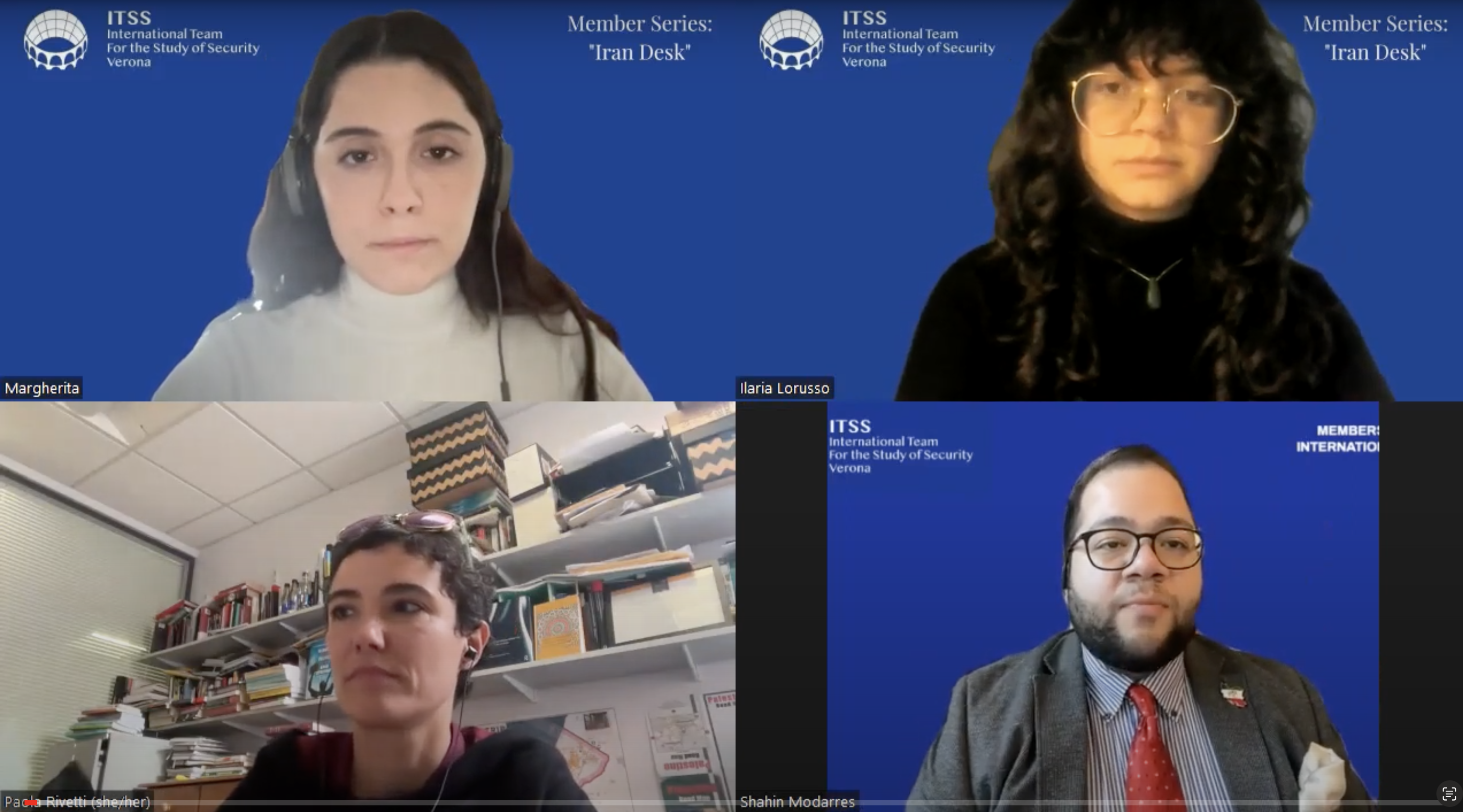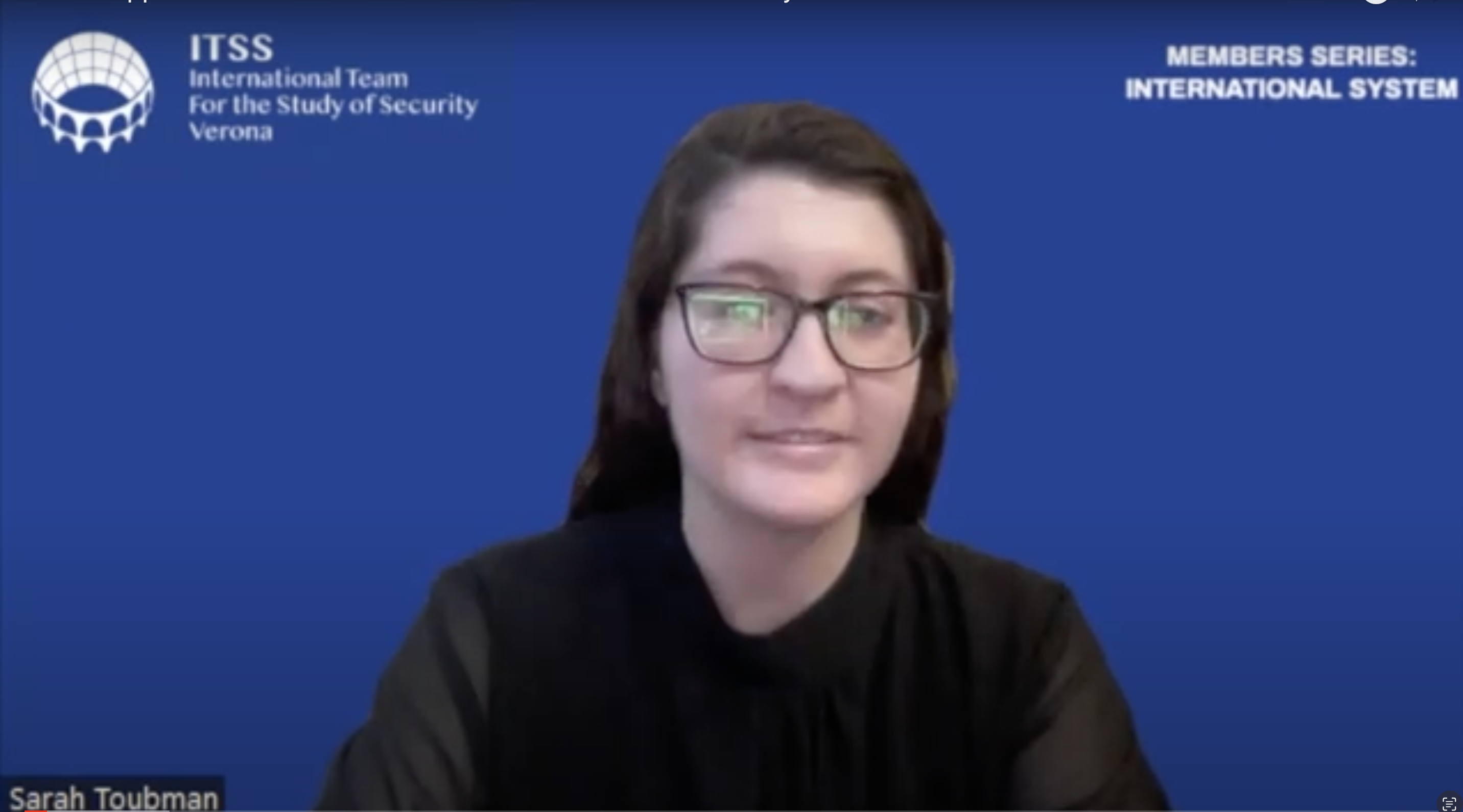In this episode, the researchers from the Italy team interviewed Prof. Cardillo on the importance of economic security relations between China and Italy from the perspective of state owned firms, foreign direct investments, and new developments through instruments such as the Belt and Road Initiative and, in general, soft and hard power tools.
Prof. Ivan Cardillo, is an expert jurist and Assistant Professor in Law at Zhongnan University of Economics and Law, where he teaches courses, on Comparative Law, Chinese-Western Comparative Legal Cultures, History of Foreign Law, Law and Cinema. He is the founder and director of the Institute for Chinese Law.




